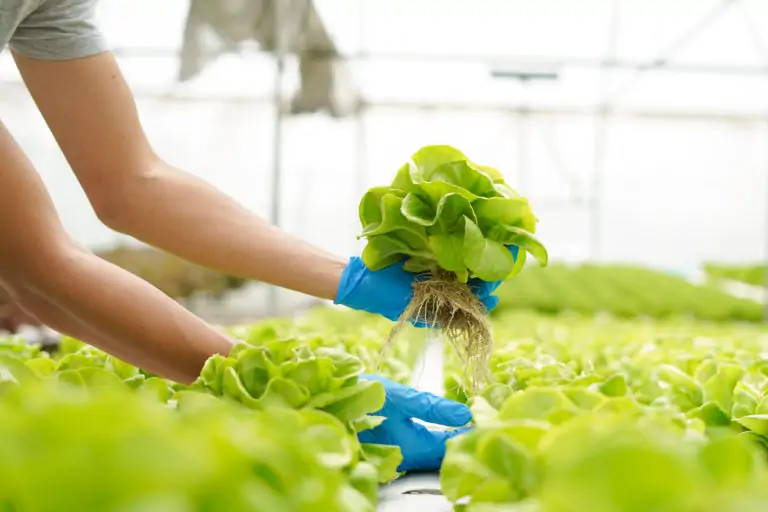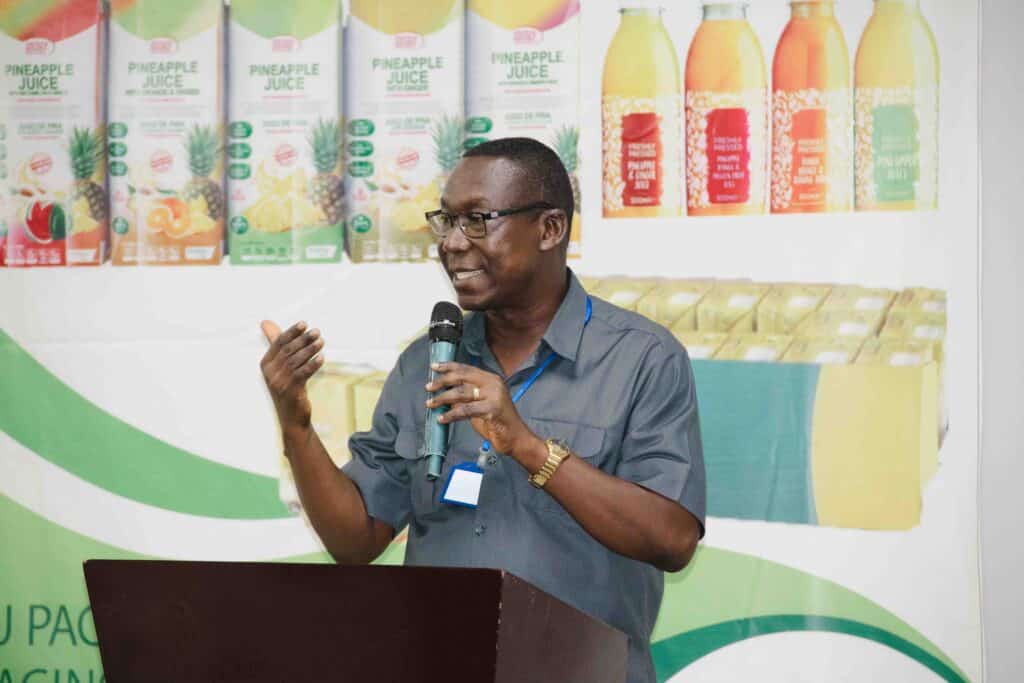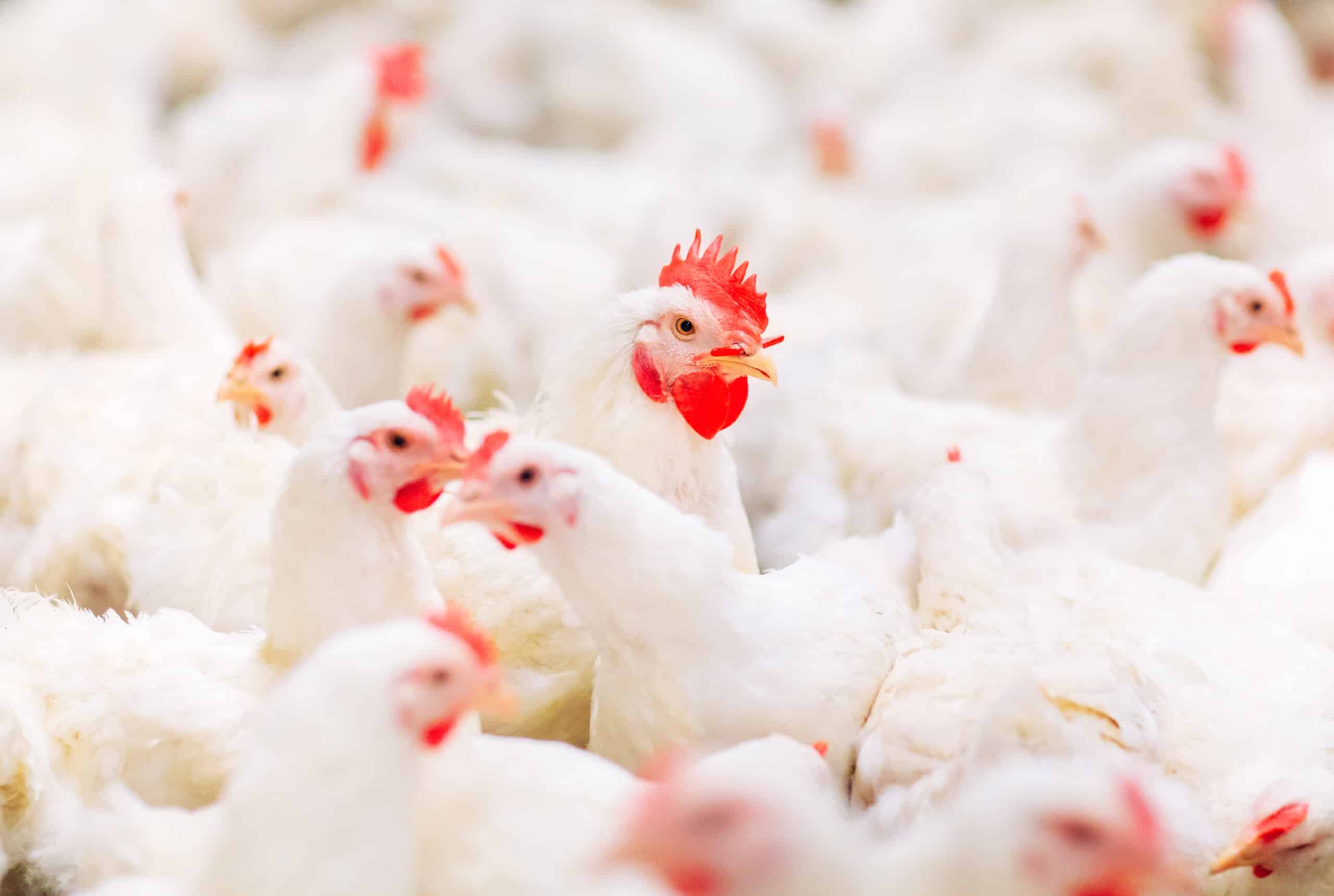Challenges for FLW infrastructure & logistics in GCC
Najeeb AlHumaid, Senior Manager, Farrelly Mitchell, looks at the variable infrastructural and logistical issues currently contributing to food loss and waste in Gulf Coast Countries. The presentation explores where the waste is coming from in each step of the supply chain and the activities being engaged to reduce the wastage, improving overall food security.
Key Takeaways
Local environmental conditions mean that KSA and the wider GCC region is one of the most water scarce and food trade dependent regions in the world.
Increased incomes, younger demographics, change in dietary preferences and a rise in popularity of convenience foods all provide context for greater food waste in the region
Food loss and waste is being targeted as means of improving food security in tandem with sustainable domestic food production practices and diversified food imports
Sustainable high-tech agriculture is required to conserve scare water resources
Food loss and waste can be accurately monitored across the entire food value chain: Primary production, post-harvest, consumption, process and packaging and distribution
Governance and legislation, consumer mindfulness and behaviour, and collection/ recycling infrastructure improvements are all part of the solution towards reducing FLW
Expert food waste consulting
Addressing food loss & waste is critical to enhancing global food security, improving weakened economies, and reducing the impact of food production on climate change.
At Farrelly Mitchell, our consultants provide strategic interventions aimed at combating these challenges. With a passion for sustainability and esg, the circular economy, and waste management, and a detailed understanding of supply chain optimisation, our team possess the necessary expertise to support clients as they transition to more efficient and less wasteful practices.














